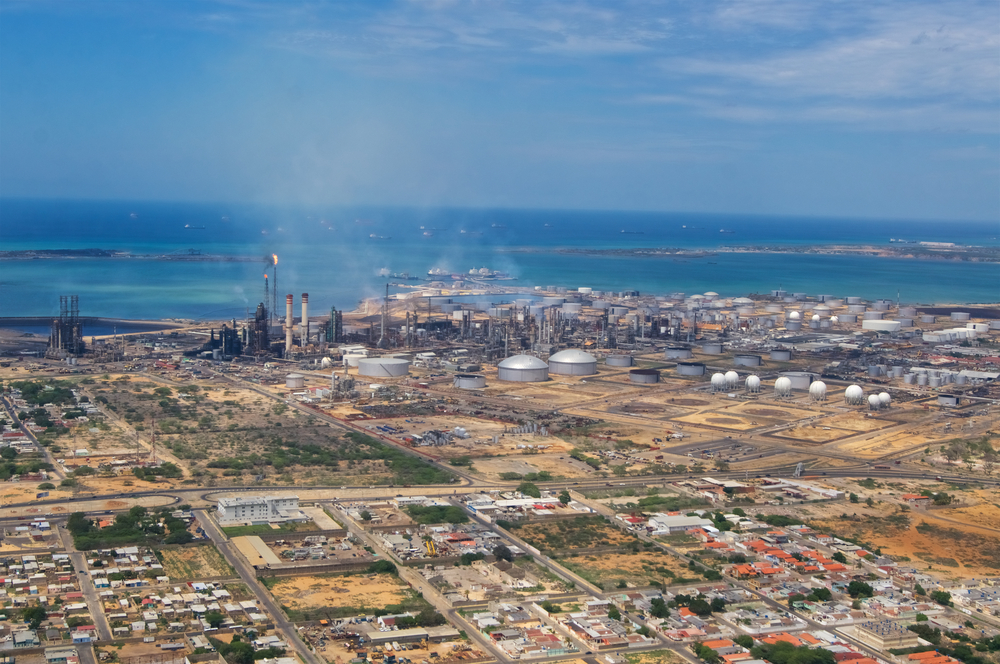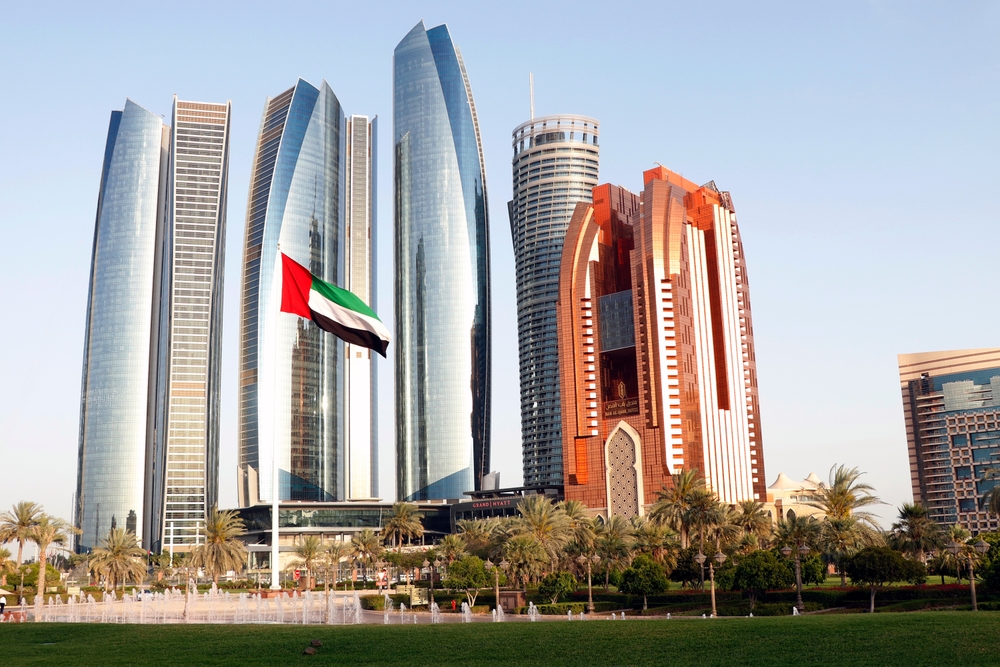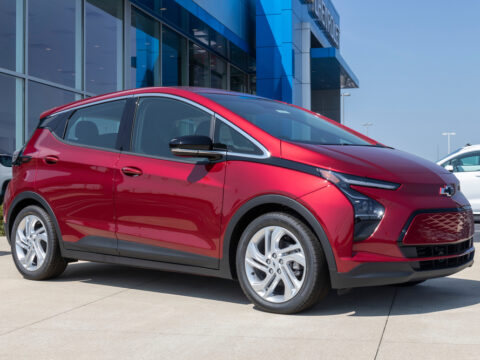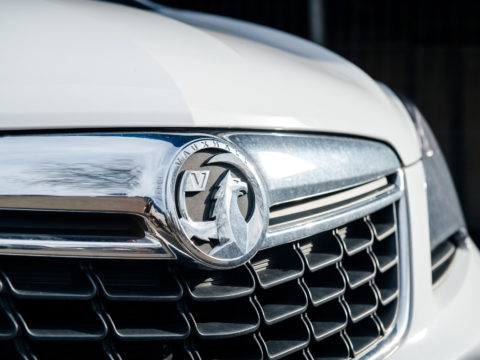In the intricate web of global economies, the shimmering black gold of fossil fuels weaves some nations more tightly than others into a cocoon of prosperity and peril. These countries, blessed and burdened with abundant oil and gas reserves, find themselves in a delicate dance between immediate economic gains and looming global sustainability pressures. This article delves deep into the landscapes of these nations, unraveling the intricacies of their reliance, the challenges they face, and the imperatives of a world transitioning to green energy.
Contents
Saudi Arabia

As the world’s leading oil exporter, Saudi Arabia’s economy has been tightly interwoven with its oil revenues. The country has the second-largest proven oil reserves and is the largest producer and exporter of total petroleum liquids in the world. While oil wealth has allowed Saudi Arabia to maintain a strong fiscal position, it’s also made its economy susceptible to oil price fluctuations. Recognizing this, Saudi Arabia introduced “Vision 2030,” a plan to diversify its economy and reduce its dependence on oil by promoting sectors like tourism, entertainment, and technology.
Russia

Russia is the world’s top natural gas exporter and among the top oil exporters. The energy sector significantly contributes to Russia’s federal budget. While providing economic stability, it also exposes the country to external economic shocks. Russia has made some strides in renewable energy, especially in hydropower, but remains heavily reliant on fossil fuels.
Venezuela

With the world’s largest proven oil reserves, Venezuela’s economy is overwhelmingly dependent on oil exports. However, mismanagement, underinvestment, and political instability have resulted in a sharp decline in its oil production and economic collapse. Efforts to diversify the energy mix or move to sustainable alternatives have been minimal due to the ongoing crisis.
Iraq

Oil sales account for a significant portion of Iraq’s GDP and nearly all its government revenue. This dependence has made Iraq vulnerable to fiscal deficits when oil prices drop. Reconstruction and stability efforts post-conflict have further strained the nation’s finances. Iraq has made some efforts in harnessing solar energy, but these are in nascent stages.
Nigeria

Africa’s largest oil producer, Nigeria, has had its economy shaped by its oil sector. This dependence has exposed the country to volatile global oil prices, affecting its balance of payments and currency. The country is exploring sustainable alternatives and has significant potential for solar and hydroelectric power, but adoption has been slow.
Kuwait

Nearly 90% of Kuwait’s export earnings come from its hydrocarbon sector. While the country has a relatively high GDP per capita, the overwhelming reliance on oil exports makes it vulnerable. Kuwait has expressed ambitions to diversify its energy sources, with plans to generate 15% of its energy from renewables by 2030.
United Arab Emirates (UAE)

While UAE, particularly Dubai, has made strides in diversifying its economy, the country remains largely dependent on oil exports. The UAE has been a frontrunner in the Gulf region in moving towards sustainable alternatives, with significant investments in solar energy projects and the ambition to generate 44% of its energy from renewables by 2050.
Qatar

The world’s largest exporter of liquefied natural gas (LNG), Qatar has one of the highest GDPs per capita. While the gas and oil sector has brought immense wealth, it’s also made the nation’s economy one-dimensional. Qatar has started showing interest in sustainability, with plans for solar projects and energy-efficient infrastructure for the 2022 FIFA World Cup.
Libya

Despite its vast oil reserves, political instability and conflict have plagued Libya’s oil sector. Its heavy reliance on oil exports means that disruptions in production, often due to conflicts, can have severe ramifications on the economy. Diversification or a shift towards renewables hasn’t been a priority amid political instability.
Angola

Oil exports dominate Angola’s economy, making up a vast majority of its export revenue. Fluctuations in oil prices directly impact its economic health. While Angola has abundant hydro resources, its efforts to move towards sustainable alternatives have been limited, with a focus primarily on expanding hydroelectric capacity.
This article originally appeared on MyCarMakesNoise.
More from MyCarMakesNoise
22 of the Coolest Cars You’ve Probably Never Heard of

From vintage stunners, futuristic oddballs, and sexy speed demons, here are the coolest cars you’ve never heard of. Read More.
The Coolest Tri-Wheelers on the Road

When it comes to unique rides, three-wheel cars occupy a distinctive place in the automotive world. Blending the adrenaline-fueled thrill of motorcycles with the relative comfort and stability of cars, trikes offer a driving experience like no other. Read More.
Understanding Why Some Used Cars Outprice New Ones

Whether due to their iconic status, limited production numbers, or exceptional performance capabilities, these cars continue to defy the norm, proving that sometimes, older can mean more expensive. Read More.














